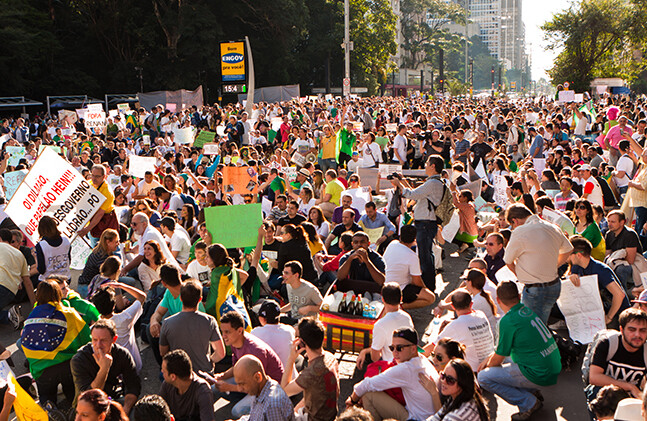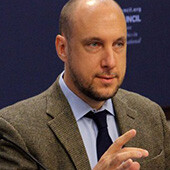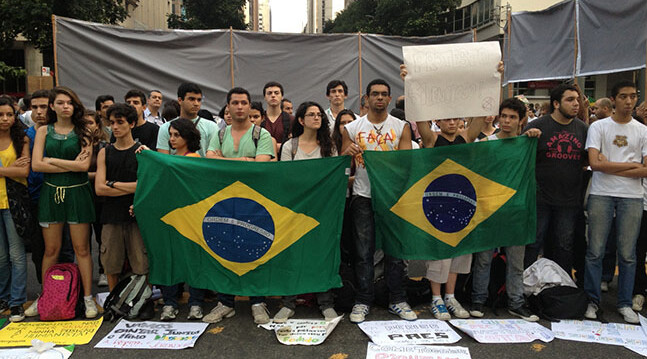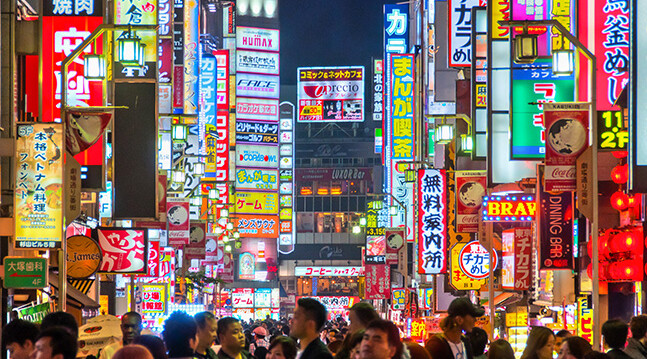Posted with kind permission, this is an excerpt from a June 25 Foreign Policy article by Carnegie Council Senior Fellow Devin Stewart. The piece is based upon projects developed for the Council's Centennial.
Over the past year, in many parts of the world—from Bosnia to Brazil to Burma—the effects of political inequality between rulers and the ruled are being felt and tested with a new intensity.
In Bosnia, citizens have attacked the buildings of a nepotistic government that wastes $1 billion in graft per year and is grounded in ethnic identity and patronage. The current Bosnian political system was set up as a temporary, reconciliatory measure after the Yugoslav Wars in the 1990s, but has remained in place for two decades. In Brazil, a 2013 hike in public transit fares set off historic protests by a million people nationwide because top-level decisions to host extravagant sporting spectacles (the 2014 World Cup and 2016 Olympics) triggered public dissatisfaction with poor government services. Even highly respected traditional elites are not immune to this trend. In Burma, more than 100 civil society groups have taken the unprecedented step of labeling the previously venerated Buddhist clergy as "crony monks" for allegedly colluding with a government suspected of promoting religious radicalism.
This phenomenon of fortified "people power" is one of the most important developments in international affairs today, and it is a principle theme of two multi-year projects launched by Carnegie Council for Ethics in International Affairs on the occasion of its centennial year 2014: interviews with 55 global influencers, called the Thought Leaders Forum, and conversations with hundreds of community representatives in several countries, called Global Ethical Dialogues.
Read the full article on Foreign Policy.



